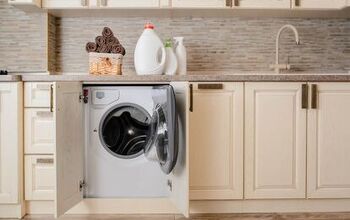Butane Vs. Propane Stoves: What Are The Major Differences?

These days, it’s not unheard of to experience power outages, which can take days or even weeks to repair. In this case, it’s always a good idea to have a backup stove. But which would you choose? Propane or Butane?
Butane is ideal for mild conditions and temperatures, and propane can thrive at extreme temperatures. Propane tanks are lighter than butane and have a lower boiling point which makes them ideal for kitchen stoves. Butane stoves are cheaper to use, but propane is considered the best option for taste.
In this guide, we’ll describe the similarities and differences between butane and propane gases, as it’s essential that you understand this before choosing a particular type of stove. Then, we’ll compare the gases, and the prices of the stoves so that you can choose the one that’s the best fit for you.
About Propane And Butane Gases
Both of these gases are commonly used as fuel for camping stoves. Propane and butane are both forms of LPG, a term used to describe a group of light hydrocarbons. They are both widely used for industrial as well as domestic purposes and have certain similarities.
The differences between them can be considered a benefit or a disadvantage, depending on how they will be used. To understand the differences between both stoves, it helps to understand exactly what propane and butane are. Having knowledge of both gases will help you in choosing between a propane and butane stove.
Similarities Between Butane And Propane
They are both created from petroleum in the form of natural gas or oil. When burned, they both produce:
- Carbon dioxide
- Water
- Carbon monoxide
- Soot
There’s no real difference in the way that each gas burns. The real difference comes at the price of each gas as well as how the gas affects the food you are cooking.
Differences Between Butane And Propane
When people need to go camping, hiking, or mountain climbing, propane is preferred over butane as a fuel for cooking, especially in cold weather. This is because liquid butane tends to freeze, whereas propane won’t.
Butane has a lower vapor pressure at equivalent temperatures and is suitable for interior use or outside during the summer. It is a standard fuel among leisure users and owners of portable heaters and is cheaper than propane.
On the other hand, propane tends to produce better tasting food. Not only that, but it’s available in larger quantities than butane. When choosing a propane stove, you have more features available than a butane stove.
Propane Stove vs. Butane Stove
The features of both stoves tend to be quite similar in the way that they’re designed. However, propane stoves have a wider variety of design choices. But, if that’s not something important to you, and you like to keep things simple, a butane stove is a great option.
Also, the burners for the butane stoves warm up quicker. While there’s only a 30-degree difference in the temperature that each gas burns at, butane tends to heat up quicker than propane.
Prices Of Butane Stoves
A butane stove costs anywhere from $15 for a stove with one burner and minimal functions, to $70 for a dual burner stove, with more features. If you’re looking for something that will keep the temperature even, without the need to micromanage the process, choosing a more expensive stove is a good idea.
Prices Of Propane Stoves
You will pay between $15 and $125 for a portable propane stove. The simple design stoves consist of a single burner, with no real features to them. However, for a higher price you can get a stove that has:
- A higher back
- Legs and a stand
- Dual burners, or one large burner rack
- Temperature control
Does Propane Or Butane Contaminate The Food?
As both these gases are potentially dangerous, it is natural to consider whether they could contaminate any food you cook with them.
At room temperature, liquid butane and propane are transformed into a gas, which means they evaporate. There will be virtually no traces on the food. Also, the gases are alkaline, so when they burn away, there are no detrimental effects.
Safety Equipment When Using The Stoves Indoors
There are three pieces of equipment you should have available when using an open gas flame.
- Fire extinguisher: There should always be one at hand in any cooking area
- Fire alarms: Ensure the batteries are working by testing them once per season
- Carbon dioxide monitor: Check that it’s working correctly before you start using your gas stove indoors
Are Butane And Propane Poisonous?
Inhaling even a small amount of butane can result in nausea and vomiting for up to 12 hours. In rare cases, it can even be fatal. Also, while propane gas isn’t toxic, it can deplete the oxygen in your lungs, resulting in severe breathing difficulties, which can also result in death.
Both gases can give off carbon monoxide, which is tasteless, odorless, and invisible. This is why proper ventilation is so important when using either the fuel indoors. The first signs are headaches, nausea, and tiredness. If you suspect you have inhaled a significant amount of either gas, call 911.
Can Propane And Butane Stoves Be Used Indoors?
Both butane and propane gas is safe to use inside a house, providing you have the correct equipment. Being alkaline, they are clean when they burn cleanly. As long as you use a UL-certified stove and ensure adequate ventilation, it’s safe to use indoors.
Also, you should make sure to carry out periodic safety inspections to ensure that all parts are working correctly. This will help prevent any potential dangers when using the stoves indoors.
Using Butane Indoors
Butane can be carefully burned indoors with adequate ventilation. If you are concerned, there are a couple of options to consider before moving the stove outside.
- First, open any windows and doors to optimize airflow.
- As an alternative, you could position the butane stove in a clean fireplace and open the flue, so any gases escape.
Using Propane Indoors
Propane stoves can also be used indoors to cook food and heat water, as long as you take a few simple precautions. The most important thing is to make sure there is adequate airflow to permit any toxic fumes to be removed from the room.
- Open windows and doors to assist this.
- It is also best to choose foods that can be cooked quickly, especially if your stove isn’t intended to be used inside.
Storing Butane And Propane
While both of these gases can be stored safely, it’s vital to keep in mind that they are toxic explosives, which can cause life-changing injuries if something goes wrong. It’s crucial to observe all safety and storage instructions displayed on the canister.
Butane
Although butane is safe when stored correctly, improper storage can result in leaks. In the best case, gas is wasted. In the worst case, a spark ignites it, it explodes and causes extensive damage to whatever is in the area.
When storing butane, observe these necessary safety precautions:
- Ensure butane canisters are kept far away from heat sources, flames, hot surfaces, or sparks
- Never smoke near butane or use a cigarette lighter in the vicinity.
- Ensure the butane canisters are stored in a well-ventilated area.
- Store the canisters out of direct sunlight
- Don’t store butane near food and drink.
Propane
When you need to store the gas over an extended period, propane is better than butane.
- Store propane in a location that’s away from your living area and not attached to your house: for example, a shed or detached garage.
- Keep it out of direct sunlight
- Make sure it’s away from electrical equipment and combustible/flammable materials.
Related Questions
What is better depends on your perception of their abilities. If you’re looking for something that can operate better in colder weather, propane is the best choice for you. If you’re wanting a simple stove, butane st9ves offer some great minimalist designs.
- gasoline
- kerosene
- ethanol
Which Stove Should You Choose?
When the unexpected happens, both butane and propane stoves are valuable for cooking food and heating water. They’re clean, highly effective, and safe. They can be stored and used easily, providing you take a few simple precautions.
The stove you choose depends highly on your needs. If you want a stove you can use at home, as well as one you can take mountain climbing, then perhaps a propane stove is the ideal one for you. However, if you’re looking for a simple stove that meets basic needs, butane stoves are great too! Whichever you choose, they both get the job done.

Heather is a passionate writer who loves anything DIY. Growing up, she learned everything from home repairs to design, and wants to share her tips with you. When she's not writing, she's usually hiking or searching for her next DIY project.
More by Heather Robbins



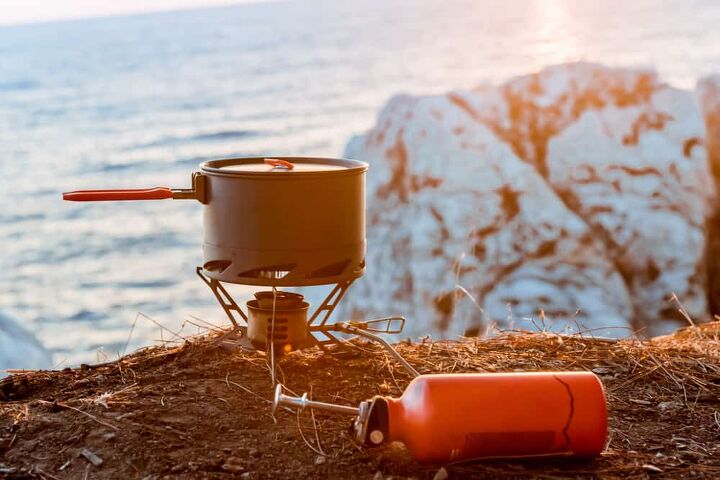







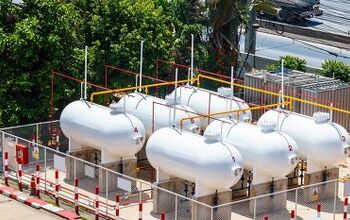
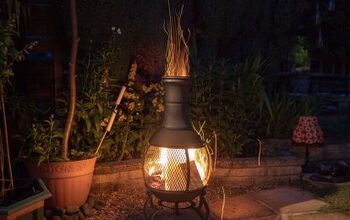
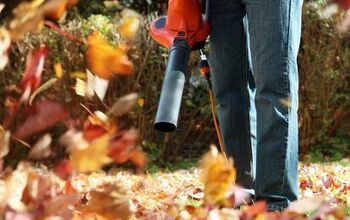
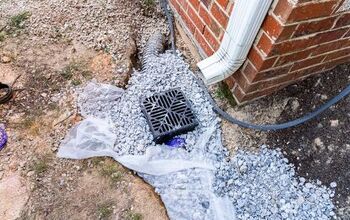

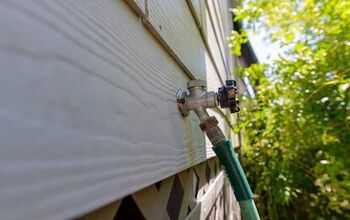

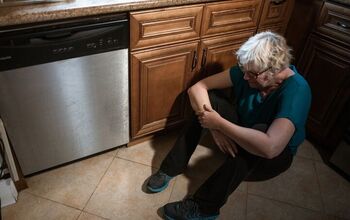

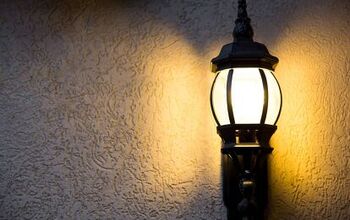
![10 Most Dangerous Neighborhoods in Baltimore [Updated]](https://cdn-fastly.upgradedhome.com/media/2023/07/31/9075655/10-most-dangerous-neighborhoods-in-baltimore-updated.jpg?size=350x220)

![Cost To Drill A Well [Pricing Per Foot & Cost By State]](https://cdn-fastly.upgradedhome.com/media/2023/07/31/9074980/cost-to-drill-a-well-pricing-per-foot-cost-by-state.jpg?size=350x220)


